Evaluating Myself with Rubrics
A MiddleWeb Blog
Self-assessment isn’t easy. Accurate self-assessment is even more difficult. My brother says, “Pure objectivity is elusive.” I agree.
Our district, like many others, has adopted a new teacher evaluation system. Teachers are concerned about job security. The battle over the protection of tenure, mixed with the need to weed out ineffective educators, continues. Our district’s new program, which follows the Kim Marshall Plan, includes our completing a self-evaluation via an online rubric.
The rubrics in Marshall’s plan break teacher performance into six categories, or as Marshall calls them, domains. The domains include (1) Planning and Preparation for Learning; (2) Classroom Management; (3) Delivery of Instruction; Monitoring, (4) Assessment, and Follow-Up; (5) Family and Community Outreach; and (6) Professional Responsibilities.
I imagine the evaluation systems adopted by other districts across the country include criteria similar to Marshall’s.
Assess yourself
Completing my initial self-assessment turned out to be much more involved than just rating myself as Highly Effective, Effective, Partially Effective, or Ineffective in a multitude of sub-categories. I found that each domain, when examined at closely, gave me an opportunity to look at myself as a teacher and, in doing so, to realistically evaluate my performance and set new goals for what I can focus on to improve my craft.
As educators, we need to accurately assess each student’s performance. Maybe we should practice what we preach. The goal of developing a rubric is to clearly define what we are assessing with very specific learning goals in mind. If our goals aren’t specific, the evaluation of them is a moot point. (This MiddleWeb review of Susan Brookhart’s book on rubrics makes this point well.)
Marshall’s rubrics are meant to clearly define criteria to distinguish the Highly Effective teacher from the Ineffective one, and all points in-between.
My first self-assessment

Domain A: Planning and Preparation for Learning (click to download)
Here’s how the ratings are labeled: 4 = highly effective; 3 = effective; 2 = partially effective; 1 = ineffective
a. Knowledge: I gave myself a three on this one. “Knows the subject matter well and has a good grasp of child development and how students learn.” A score of four contained the word expert. I know a lot of things about a lot of things, but I’m no expert.
b. Standards: Again, a three. It is accurate to say that I “plan the year so students will meet high standards.” A four in this area would mean I “ensure success on external assessments” too. I can’t ensure success. I have no control over what happened to the child that is entrusted to my care right before they arrived at school on the day of any “external assessment.” We all have bad days. We don’t get a good night’s sleep. Parents divorce. Pets die.
c. Units: I felt okay about giving myself a highly effective four on this sub-category. I intentionally “plan all units embedding big ideas, essential questions, knowledge, skill and, noncognitive goals.” I did have to look up the term noncognitive before I was comfortable awarding myself a rating of four in this area. Noncognitive skills, or interpersonal skills and emotional understandings, can’t be measured with a rubric, but I do help teach them these skills by modeling them as best I can. The kids seem to respond well to my interpersonal skills (and my corny jokes).
d. Assessments: I scored pretty high on this one because I do “prepare diagnostic, on the spot, interim, and summative assessments to monitor student learning.” A rating of three didn’t contain the word diagnostic. Isn’t diagnosing a student’s strengths, weaknesses, and challenges the reason we assess their learning in the first place?
e. Anticipation: After a decade and a half of teaching, I hope I’ve earned a four on my ability to “anticipate students’ misconceptions and confusions and develop multiple strategies to overcome them.” I have a lot of data from previous years to help me with this. In my first few years, I was still in the midst of acquiring the ability to anticipate or to monitor and adjust accordingly. The slope on my learning curve in developing this ability isn’t quite as precipitous now.

g. Engagement: We are back to a rating of three on this one. It is fair to say that I “design lessons that are relevant, motivating, and likely to engage most students,” but to earn a score of four, you need to motivate “all students.” That’s a lofty goal. I try. I don’t get ‘em all though. Not every time.
h. Materials: Three again. The four rating had the word all…again. I design lessons well. They reach across cultures and incorporate a great deal of laptop time and technology projects, but do I “use an effective mix of high-quality, multicultural learning materials and technology?”…often, not always.
i. Differentiation: I don’t know anyone who could score a four on this one. You have to “design lessons that break down complex tasks and address all learning needs, styles, and interests.” I do this a good amount, but that all keeps popping up in the highly effective column. Do you have to do this on each and every lesson to be considered highly effective? To be considered a four?
j. Environment: I smiled when I clicked on the “4” box of the electronic rubric. “Uses room arrangement, materials, and displays to maximize student learning of all material” is the criteria. Our tables and desks may not be in the most efficient configuration, but the environment of our classroom is warm and inviting (and a bit raucous at times). I think this environment maximizes student learning.
What’s attainable?
Some of the criteria in Marshall’s rubrics make it hard for me to give myself a rating of “Highly Effective” in many areas…and I want to be highly effective as an educator. We need to set the bar high, but should it be unattainable? Should words like all and ensure be used in a rubric? Is “Effective” good enough?
I need to delve deeper into these rubrics, whether I agree with them in totality or not. They ask many important questions of me…questions I need to ask myself as I grow as a teacher, as I continually revisit and re-assess.
I rated myself as a two in some other Domains. I assessed myself as “Partially Effective”…The quest for objectivity continues…

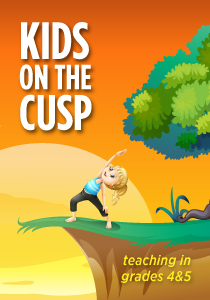















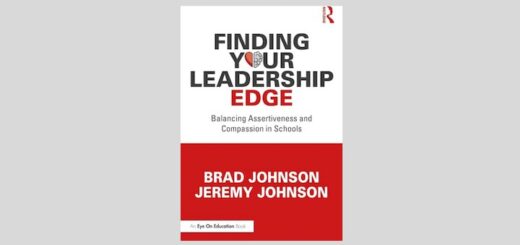
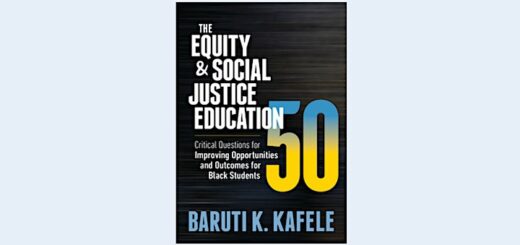
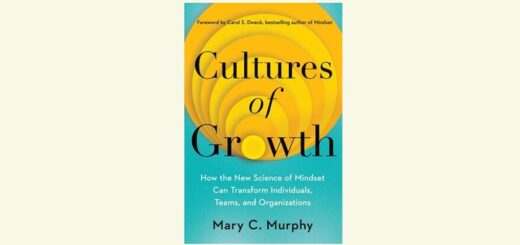
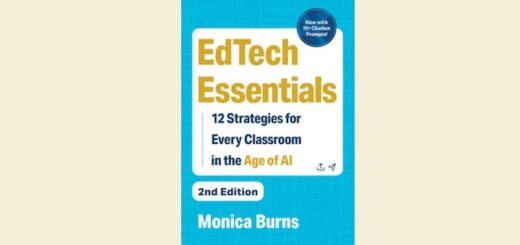
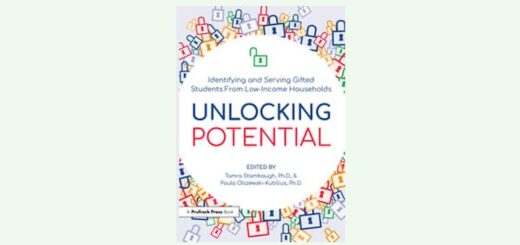


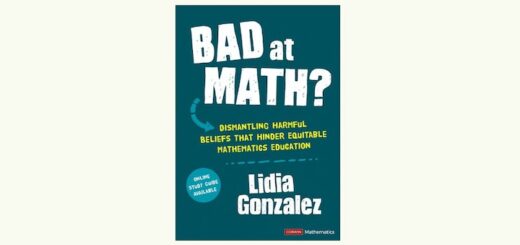

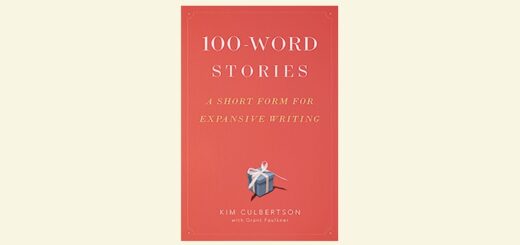


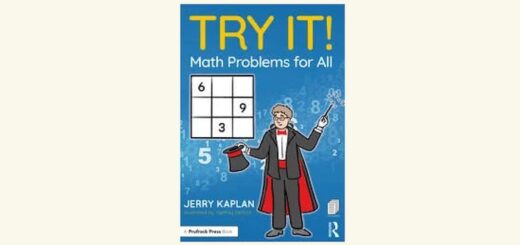






I agree that the criteria in Marshall’s rubrics make it hard to answer and give an accurate rating but the fact that the rubrics provoke deep reflection of ones self is great! But maybe this will help.
“I use ungraded ExitTicket assessments to get a more rounded teacher self-assessment.” http://exitticket.org/teacher-self-assessment/ This blog post describes how one teacher used her districts’ ‘student/teacher evaluation system’ and class to giver her valuable feedback.
I want to start training to become a teacher one day, so I think evaluating yourself is a great way to measure progress and help yourself grow. I like that you mention how sometimes you have no control over what happens to kids right before school so it’s sometimes hard to help everyone succeed. I will definitely keep this in mind if I end up teaching one day. Thanks for sharing.